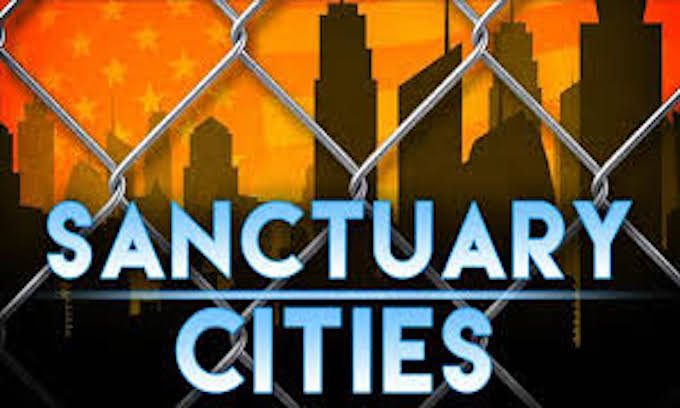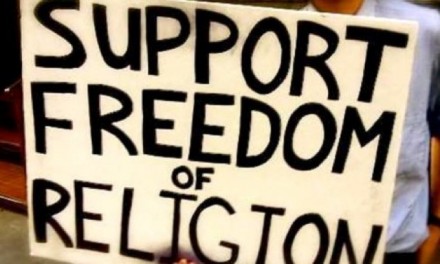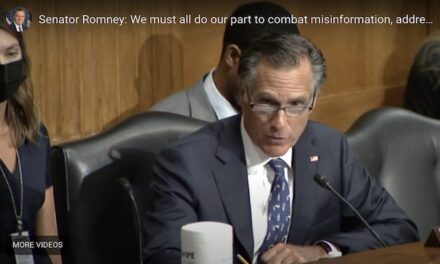As president, Donald Trump has vowed to block federal funding to so-called “sanctuary cities” that defy federal immigration law. While we don’t agree with all of Trump’s stances regarding immigration, this is a sensible proposal.
Federal law requires city and county governments to cooperate with the federal Department of Homeland Security’s Immigration and Customs Enforcement Agency (ICE). Sanctuary cities are generally defined as those that don’t comply with that law. In essence, authorities in those communities have a “don’t ask, don’t tell” policy when interacting with illegal immigrants, even in situations involving arrests for serious crimes. Ultimately, local officials choose to release those individuals on personal reconnaissance or bail, and don’t notify federal immigration authorities.
Such policies are often adopted based on arguments stressing compassion for those here illegally. That compassion is understandable, but a ripple effect of sanctuary policies can be increased lawlessness and crime. Local residents — legal and otherwise — pay the price in reduced public safety and increased taxpayer burden. Communities that are openly identified as “sanctuary cities” draw a disproportionate share of the worst of the worst — drug cartel members and others whose crimes go well beyond lacking legal immigration papers — because these people know the chance of deportation is much lower in such communities.
In California’s Santa Clara County, illegal immigrants who had been arrested were released on probation or bail even when those individuals had a history of committing serious or violent crimes. In 2012, that county’s district attorney, Jeff Rosen, urged officials to change the policy, saying it had led to the release of six felony sex offenders or child molesters, eight residential burglars, 10 gang members and 12 drunken drivers who had either injured a victim or were repeat offenders. Thirty of those individuals fled the jurisdiction upon their release.
The vast majority of illegal immigrants in the United States do not fall into any of the categories highlighted by Rosen. In a functional immigration system, many of those here illegally would be in the United States legally. We have long supported reform that simplifies the immigration process, reduces cumbersome backlogs and facilitates the flow of labor where it is needed, while still ensuring that officials maintain border control and know exactly who has entered the country and where they are located with the ability to deport those who prove a danger.
But cities that adopt “sanctuary” policies make it much it more difficult to enact sensible immigration reform because they don’t discriminate between a non-dangerous undocumented immigrant and one who is a violent criminal.
Sanctuary polices are also an effect to nullify federal law. We have previously criticized some on the political right who attempted an end-run around the Affordable Care Act through state nullification. We argued those officials should instead focus on changing the law rather than trying to ignore it. The same holds true for officials who have promoted “sanctuary” policies.
Allowing city officials to pick and choose which federal laws are enforced is the same thing as having no law at all. That’s a recipe for anarchy and citizen harm, not compassionate reform of a badly flawed immigration system.
___
(c)2016 The Oklahoman
—-
This content is published through a licensing agreement with Acquire Media using its NewsEdge technology.



















Recent Comments